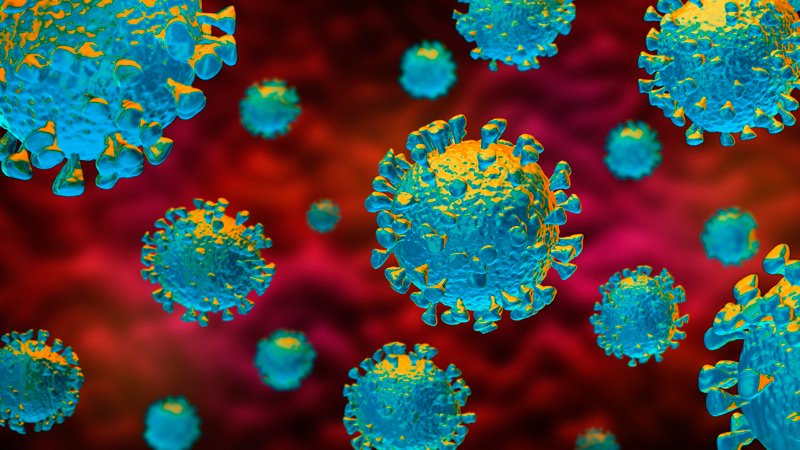COVID-19 is a rapidly spreading viral infection that originated from Wuhan province, China. There has been an exponential increase in the number of confirmed cases since the first incidence in December 2019. This has led to declaration of COVID-19 as a pandemic disease by World Health Organization (WHO)
What are the symptoms?
COVID-19 may not initially cause any symptoms.
One may carry the virus for 2 days or up to 2 weeks before you notice symptoms.
Some common symptoms that have been specifically linked to the 2019 coronavirus include:
- Shortness of breath
- Having a cough that gets more severe over time
- A low-grade fever that gradually increases in temperature
- Headache
What causes coronaviruses?
Coronaviruses are zoonotic. This means they first develop in animals before developing in humans.
For the virus to pass from animal to humans, a person has to come into close contact with an animal that carries the infection.
Once the virus develops in people, coronaviruses can be spread from person to person through respiratory droplets. This is a technical name for the wet stuff that moves through the air when you cough or sneeze.
The viral material hangs out in these droplets and can be breathed into the respiratory tract (your windpipe and lungs), where the virus can then lead to an infection.
Who’s at increased risk?
You’re at a high risk for developing this virus if you come into contact with someone who’s carrying it, especially if you’ve been exposed to their saliva or been near them when they’ve coughed or sneezed.
Washing your hands and disinfecting surfaces can help decrease your risk for catching this or other viruses.
How are coronaviruses diagnosed?
The 2019 coronavirus can be diagnosed similarly to other viral infections: using a blood, saliva, or tissue sample.
The sample is then sent to a testing facility to confirm the presence of viral material or antibodies that respond to the virus.
What treatments are available?
There’s currently no treatment specifically approved for the 2019 coronavirus, and no cure for an infection, although treatments and vaccines are currently under study. Instead, treatment focuses on managing symptoms as the virus runs its course.
Some treatments include:
- Antiviral or retroviral medications
- Breathing support like mechanical ventilation
- Steroids to reduce lung swelling
- Blood plasma transfusion.
How to prevent coronaviruses?
The best way to prevent the spread of this virus is to avoid or limit contact with people who are showing symptoms of the virus and have traveled to any of the affected countries lately.
The next best thing you can do is practice good hygiene to prevent bacteria and viruses from spreading.
- Wash your hands frequently with soap up to elbow level, for at least 20 seconds under a running water.
- Don’t touch your face, eyes, nose, or mouth when your hands are dirty.
- Avoid greetings involving body contacts like handshaking and hugs
- Maintain social distancing i.e. 1-meter (3 feet)
- Avoid over crowded places
- Don’t go out if you’re feeling sick or have any cold or flu symptoms.
- Cover your mouth with the inside of your elbow whenever you sneeze or cough. Throw away any tissues you use to blow your nose or sneeze right away.
- Keep any objects you touch a lot clean. Use disinfectants on objects like phones, computers, utensils, dishware, and door handles

